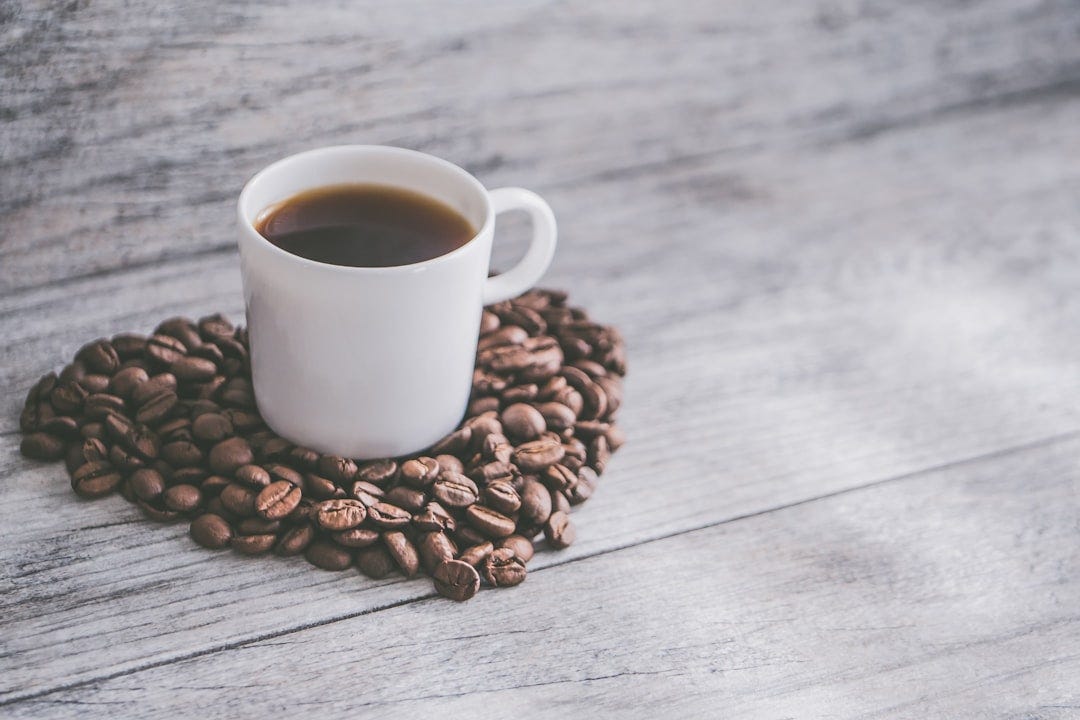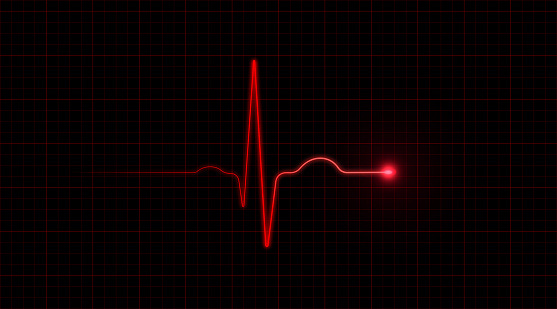The more I learn about coffee, the happier I am that I’m a coffee aficionado.
I’m not a coffee snob who argues about the best brewing or roasting methods. However, I admit that I no longer routinely order coffee in a restaurant with my meal due to the generally inferior quality of the brew. This is a judgment call based on decades of experience.
And I don’t drink re-heated coffee.
Every morning, I boil water and let it cool to about 175 – 185 degrees. Then, I slowly pour it over my carefully chosen grounds through a paper filter into a 12-ounce cup and add a shot of plant-based creamer.
Some mornings, or when we have guests, I’ll make a pot of drip coffee, again with a paper filter.
The reason for the paper filter, and not the French Press, is the problem with cafestol, a fatty substance in coffee that raises blood cholesterol by a small amount in some people. It gets stuck in the paper filter and only in the paper filter. You can eliminate 95 % of the cafestol by switching from French Press to pour-over.
Espresso and Turkish coffees, unfiltered with paper, have 20 times more cholesterol-raising substances than paper-filtered coffee. Instant coffee, for those who can actually drink the stuff, has little of the fatty material, so you’re safe. Enjoy.
Other than the slight rise in cholesterol in some people, studies on coffee have proven it to be a highly beneficial drink.
The Beverage Guidance Panel of the Harvard School of Public Health ranked coffee and tea tied as the second healthiest beverage, behind water.
Inc., an online publication, ran an article that stated, “…according to 127 studies, drinking coffee:
Reduces your risk of cancer by up to 20 percent
Reduces your risk of heart disease by 5 percent
Reduces your risk of Type 2 diabetes by 30 percent
Reduces your risk of Parkinson’s Disease by 30 percent.”
Circulation, the journal of the American Heart Association, published a study that tracked 87,076 women for 24 years and found that those who drank a moderate (4 cups daily) amount of coffee had a 20% reduction in strokes compared to the non-coffee drinkers.
I was concerned that coffee, as I aged, would lead to high blood pressure or atrial fibrillation, and studies have shown a slight increase in systolic pressure for about 15 minutes.
According to Michael Gregor, MD, of NutiricianFacts.org, several studies have shown no increase in atrial fibrillation. In fact, moderate coffee drinking may be protective for this condition.
That was a surprise to me. When I overindulged on caffeine-loaded coffee, I often felt my heart jumping around—or so I thought. Maybe the key term here is “overindulged.” I worked the graveyard shift for some twelve years and drank a pot full of cop coffee nightly to stay sharp, and I guess that could be called “overindulgence.”
Coffee drinkers over the age of 55 who drink six cups a day have a 10-15 % lower mortality rate due to fewer deaths from heart disease, respiratory disease, stroke, injuries, accidents, diabetes, and infections than non-coffee drinkers, according to a National Institutes of Health-AARP study.
The same study demonstrated that coffee drinkers under 55 who drink six cups daily have the opposite effect. Their mortality rate is higher than that of non-coffee drinkers. We can only speculate why youth, in this case, is not protective.
I’m usually out of bed by 5:30 AM, have a cup of Java, and am ready to nap by 9:00 AM. The famous “caffeine high” doesn’t seem to have much effect on my alertness.
I once, and only once, fell asleep sitting with a cup of hot coffee in my hand. The result was a rousing, painful experience, and I recommend you avoid the practice.
People with GERD, glaucoma, or epilepsy should drink de-café, and those with incontinence avoid the brew altogether. I’m still not convinced that coffee does not affect atrial fibrillation, but I’ve personally been spared that malady.
According to innumerable studies, green tea is undoubtedly a healthier drink. However, I’m sticking with my satisfying cup of java.
I have no desire to become a green tea aficionado.
None of the above information should be taken as health or medical advice. Some people react poorly to coffee, thought to be based on their genetics. Check with your healthcare provider for advice.
https://nutritionfacts.org/video/do-the-health-benefits-of-coffee-apply-to-everyone/
References:
1. Schwantes, Marcel, Research Says That Coffee Has 3 Health Benefits That Will Make You Want to Drink More,
https://www.inc.com/marcel-schwantes/coffee-has-3-benefits-that-will-make-you-want-to-drink-more.html
2. Article by Lopez-Garcia, Esther, et al., https://www.ahajournals.org/doi/10.1161/CIRCULATIONAHA.108.826164?url_ver=Z39.88-2003&rfr_id=ori:rid:crossref.org&rfr_dat=cr_pub%20%200pubmed
Conclusions— “Long-term coffee consumption was not associated with an increased risk of stroke in women. In contrast, our data suggest that coffee consumption may modestly reduce the risk of stroke.”
3. Various authors in the TH Chan School of Public Health, Harvard University, Healthy Drinks, accessed May 1, 2024
https://www.hsph.harvard.edu/nutritionsource/healthy-drinks-full-story/
4. Various authors in the TH Chan School of Public Health, Harvard University, Ask the Coffee Expert, accessed May 1, 2024
https://www.hsph.harvard.edu/nutritionsource/2015/02/23/ask-the-expert-coffee-and-health-2/
5. Gregor, Michael, Coffee and Mortality, NutritionFacts.org, accessed May 1, 2024




I love my morning cup. Or two.
I read Esselstyn, and he's one of my heroes. But when he did his studies, he didn't have the evidence on seeds and nuts, regular coffee, and avocados. Since then, newer studies have shown the health benefits of all three. I used a turkey (meat) thermometer years ago and now estimate based on how long after boiling the temperature is just right. You can purchase coffee thermometers, but they're costly.